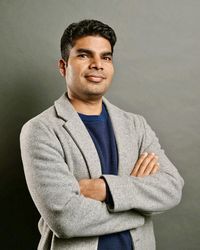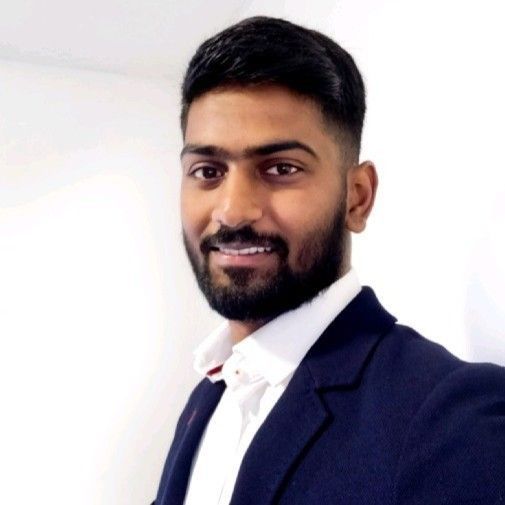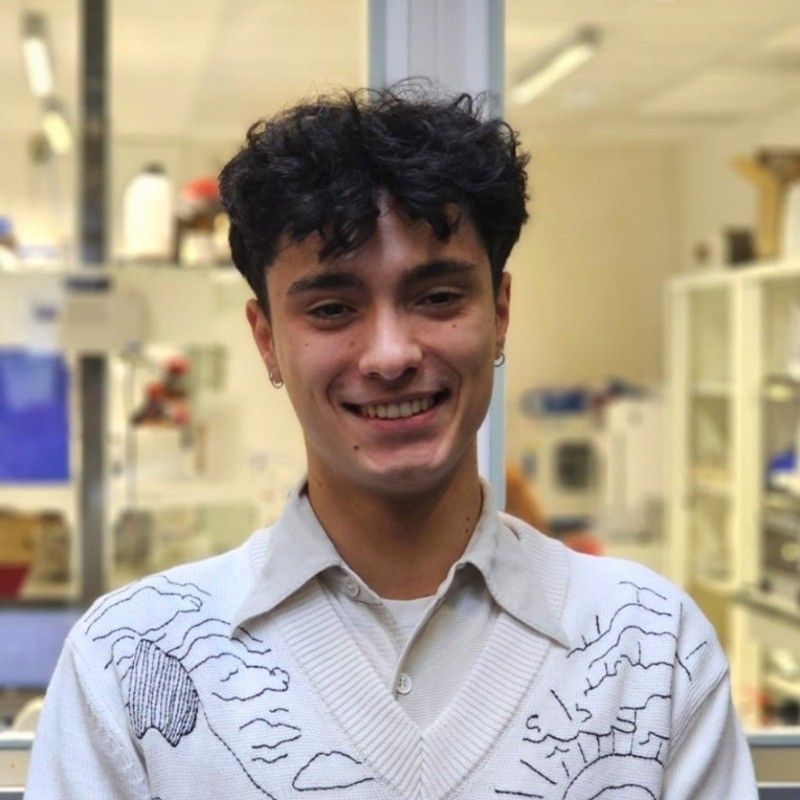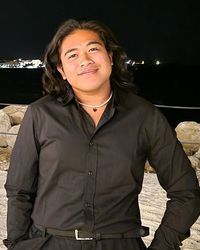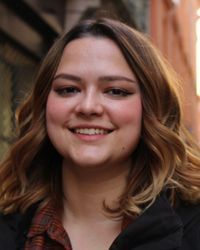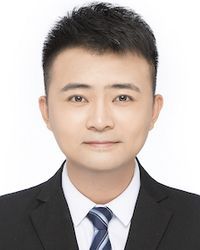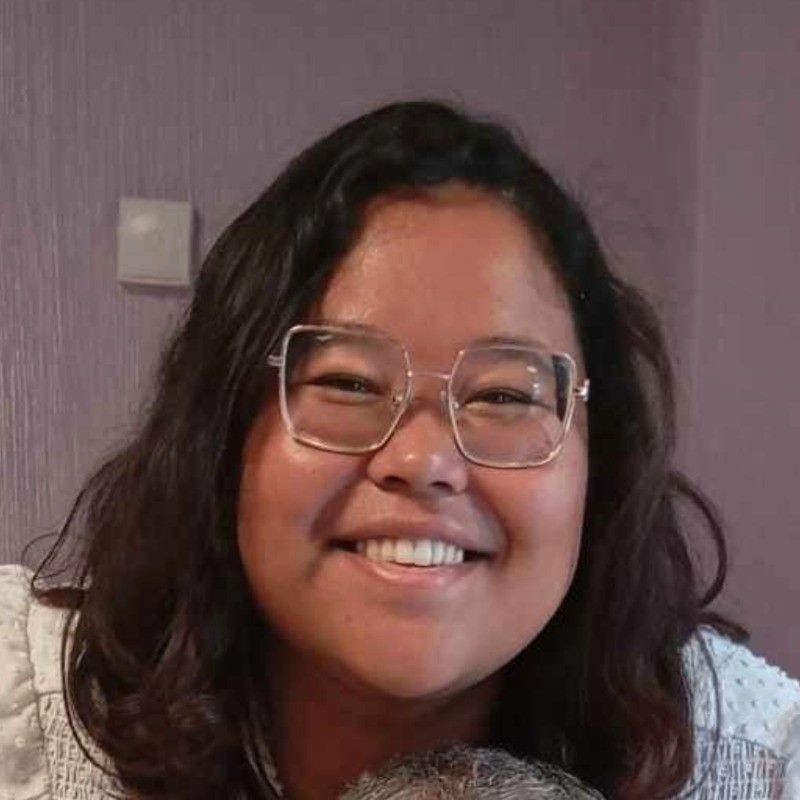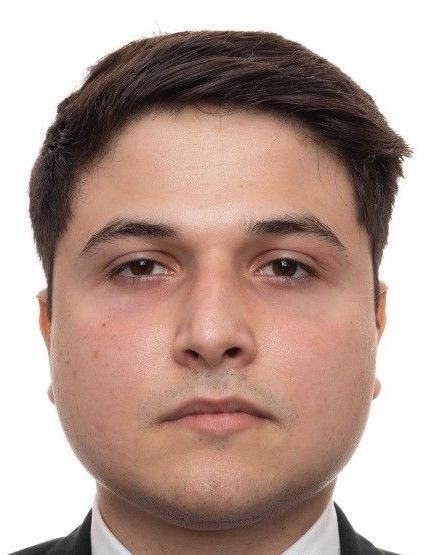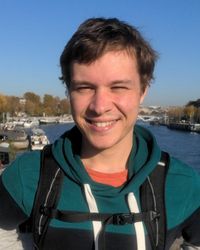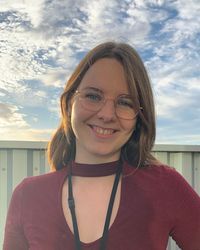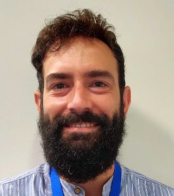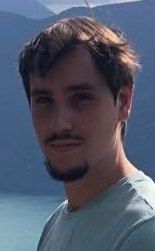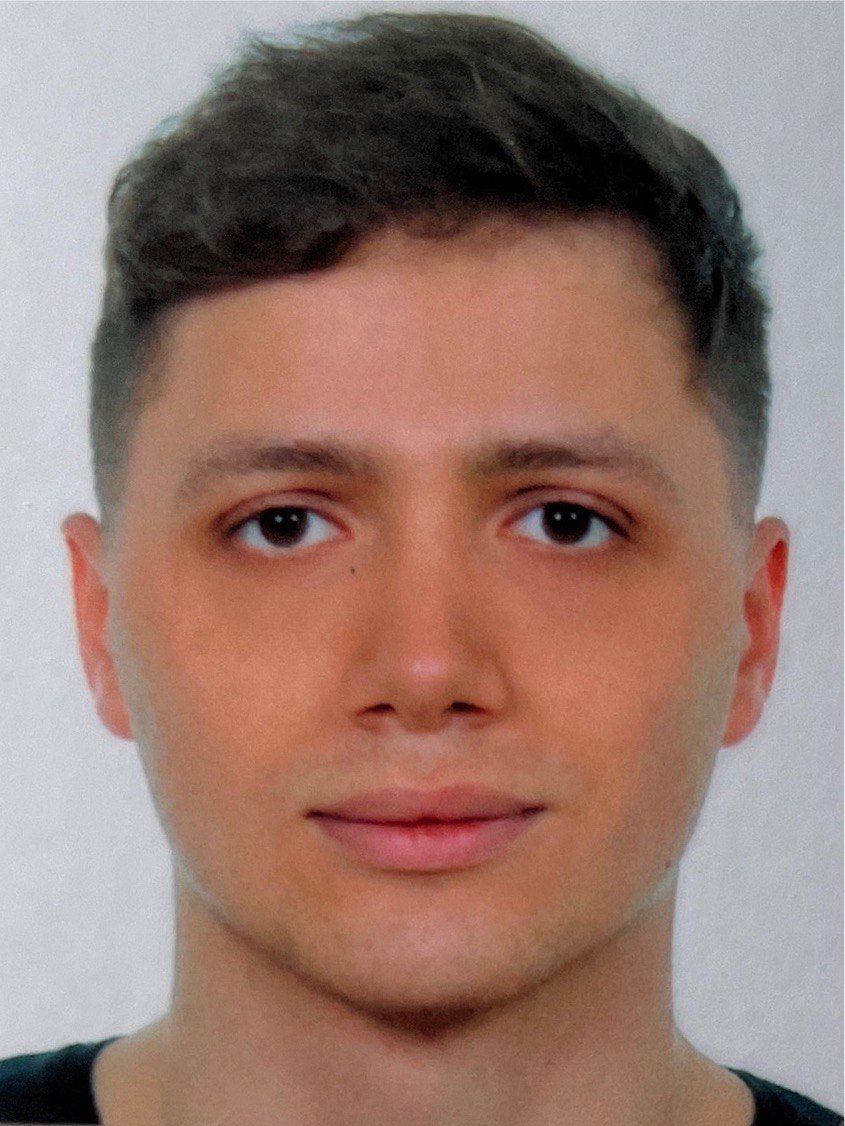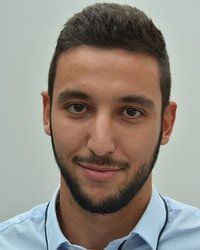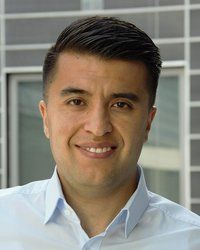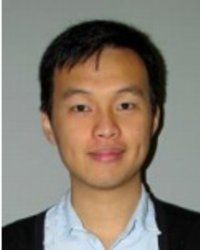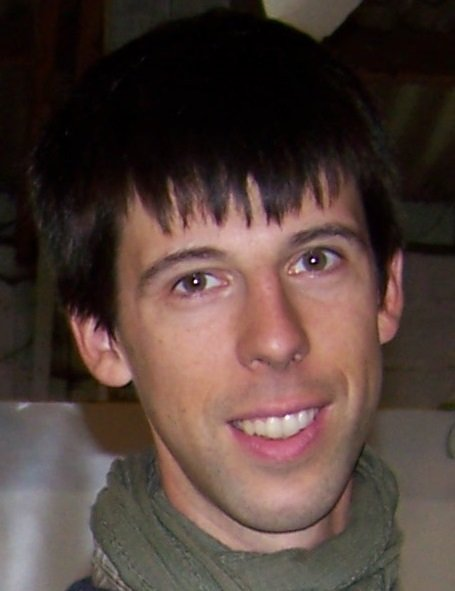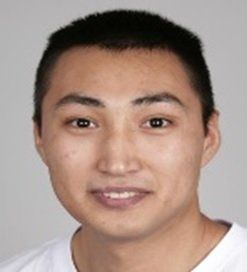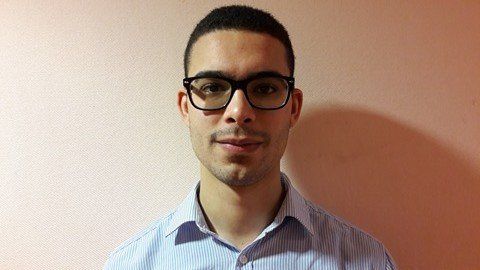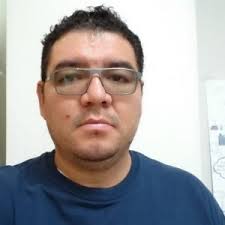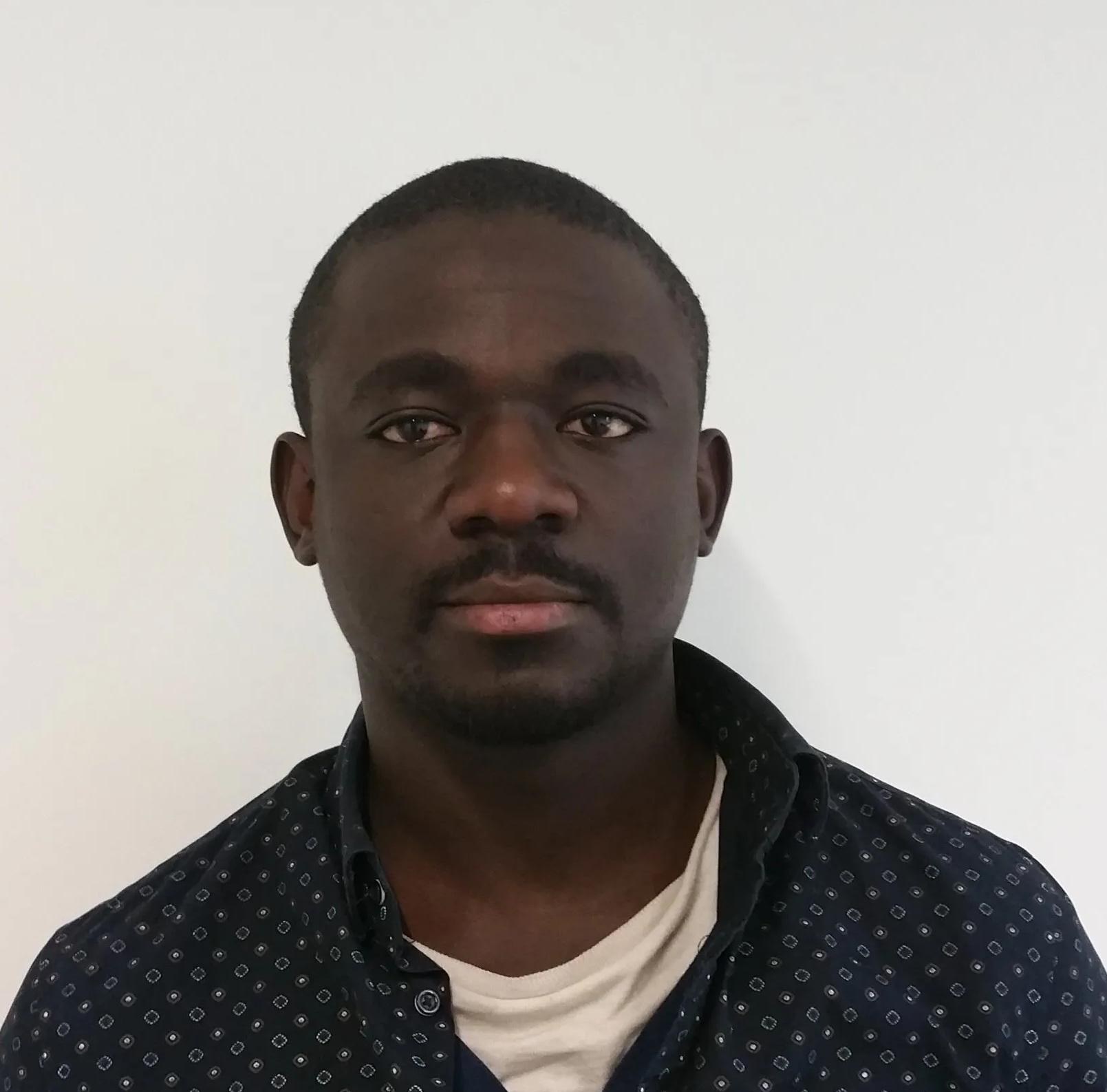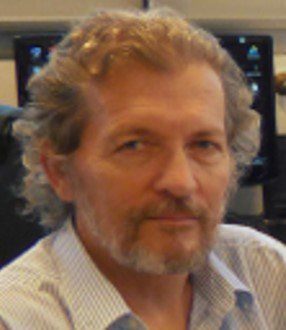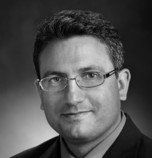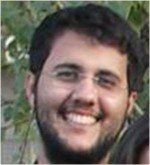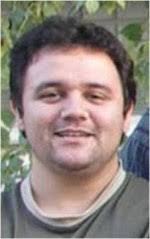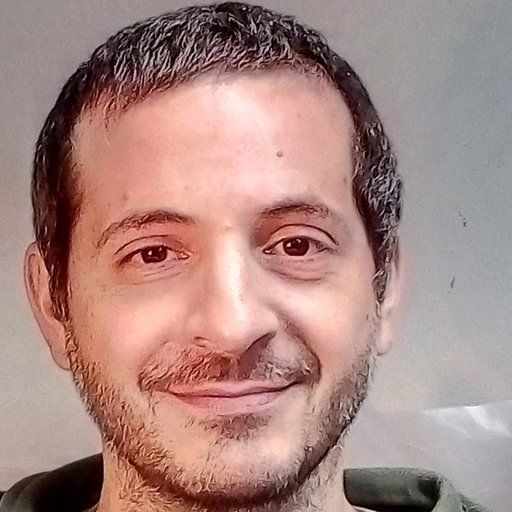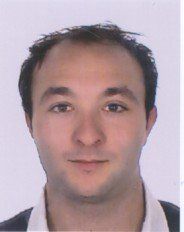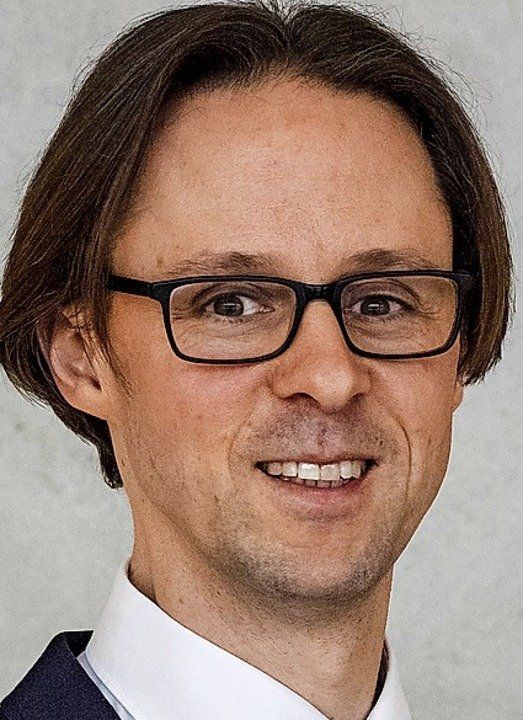TEAM FRANCO
Find out who makes it all happen. Prof. Franco's team is made up of talented postdocs, engineers, PhD and Master students. The team composes multiple nationalities and scientific backgrounds. If you are interested to join Prof. Franco's team, send him an e-mail with your CV, motivation letter and three referees' names.
The Team

Prof. Alejandro A. Franco
Principal Investigator
Dr. Alejandro A. Franco is a Full Professor at the Université de Picardie Jules Verne in the city of Amiens, France, and an Honorary Member of the Institut Universitaire de France. He has more than 23 years of experience in the field of multiscale modeling of electrochemical energy devices. He leads the Theory Open Platform at the ALISTORE European Research Institute. Prof. Franco has been awarded an ERC consolidator grant for his pioneering ARTISTIC project, focusing on battery manufacturing digitalization through multiscale modeling and artificial intelligence. Additionally, he has received an ERC Proof of Concept grant for his innovative SMARTISTIC project, aimed at assisting battery manufacturers with mixed reality technology. He has/he is actively participated/participating in numerous European projects and bilateral collaborations with the battery and fuel cell industry. Prof. Franco serves as the Chairman of the Expert Group "Digitalization, Measurement Methods, and Quality" in the European LiPLANET battery pilot lines network. In 2019, he was honored with the French Prize for Pedagogy Innovation for his utilization of Virtual Reality in teaching battery sciences. He has an extensive publication record, including over 176 publications, 12 invited book chapters, 3 edited books, and 23 patents. Prof. Franco is frequently invited to deliver plenary, keynote, and invited oral presentations in international conferences, totaling more than 160 invited lectures, as well as over 70 invited seminars in prestigious universities, institutes, and companies. He also coordinates the Erasmus+ i-MESC International Master Programme (Interdisciplinarity in Materials for Energy Storage and Conversion). He is the recipient of the 2025 Battery Division M. Stanley Whittingham Mid-Career Award of the Electrochemical Society. He is Editor of the Journal of Power Sources (Elsevier). Moreover, he is the co-founder, Chief Scientific Officer and Science/Tech lead of the startup Aikemics that offers unique digital solutions, leveraging the pioneering research and expertise of his research group, to strongly support the battery manufacturing industry.
Present supervised Postdocs, PhD students, MSc. students and engineers
Dr. Diego Galvez
Postdoctoral researcher
Diego (Peru) develops advanced deep learning models of battery manufacturing processes.
Dr. Mohammed Al-Abdali
Postdoctoral researcher
Mohammed (Yemen) develops physics-based and AI models for solid state battery manufacturing optimization.
Dr. Hari Raj
Postdoctoral researcher
Hari (India) performs experimental manufacturing and characterization of battery technologies, in strong collaboration with modeling.
Dr. Abhilash Valisammagari
Postdoctoral researcher
Abhilash (India) develops multiscale models to assess battery manufacturing processes.
Victor Ramirez Camacho
PhD student
Victor (Mexico) develops novel deep learning models for battery electrodes and their manufacturing (funded by the Ampère company).
Maxence Desnoyers
PhD student
Maxence (France) develops innovative polymer electrolyte membrane fuel cell aging models combining physics and AI (funded by the Symbio company).
Lei Qin
PhD student
Lei (China) utilizes physics-based modeling and AI to design high power battery cells (co-supervised by Dr. Margret Wohlfahrt-Mehrens -ZSW-)
Tan Le Dinh
PhD student
Tan (Vietnam) develops machine learning models of Solid Oxide Fuel Cell electrode manufacturing (co-supervised by Prof. Olivier Guillon -FZ Jülich-).
Utkarsh Vijay
PhD student
Utkarsh (India) combines AI with physics-based simulations to optimize lithium ion battery electrode manufacturing (MCSA fellow).
Soorya Saravanan
PhD student
Soorya (India) combines physics-based simulations with AI to optimize the manufacturing process of Sodium Ion and Solid State Battery electrodes (collaboration with IFPEN).
Rashen Lou Omongos
PhD student
Rashen (Philippines) develops physical and machine learning models of the assembly process of Polymer Electrolyte Membrane Fuel Cells (MCSA fellow; collaboration with the company AC2T, Austria).
Xingyu Zhang
PhD student
Xingyu (China) develops physics-based simulators of the membrane aging in Polymer Electrolyte Membrane Fuel Cells (MCSA fellow; collaboration with the company AVL, Austria).
Imelda Cardenas
PhD student
Imelda (Mexico) develops advanced electrochemical models of Sodium Ion and Solid State Battery electrodes and cells (collaboration with IFPEN).
Pei Sun
PhD student
Pei (China) develops physics-based models of dry manufacturing processes of battery electrodes (co-supervised by Prof. Paul Vigneaux -LAMFA, UPJV-).
Emmanuel Yerumoh
PhD student
Emmanuel (Nigeria) develops physics-informed AI models to assess battery cell aging (funded by the Ampère company).
Saad Ali
MSc. student
Saad (Pakistan) works in the multiscale modeling of lithium ion battery manufacturing processes.
Sophie Tran
Engineer
Sophie (France) develops innovative pedagogic activities (e.g. based on Virtual Reality) to support lectures and practices within the Erasmus+ i-MESC MSc. programme coordinated by Prof. Franco.
Arjun Sankar Nivas
PhD student arriving soon
Arjun (India) will work on AI for assessing multimodal characterization data of Redox Flow Batteries (MCSA fellow, collaboration with Fraunhofer ICT, Germany).
Some team photos


